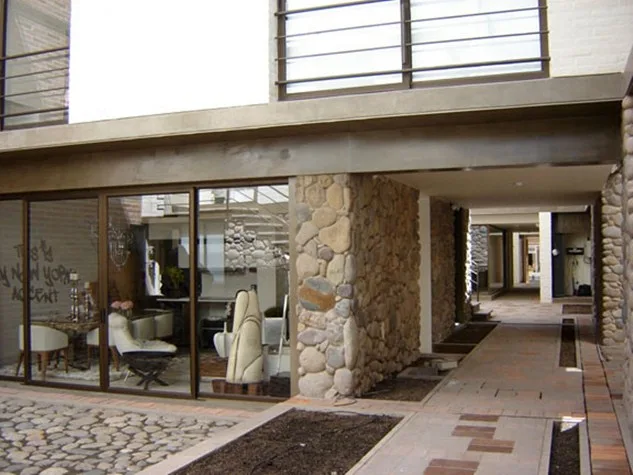Venezuela currency continues to plummet and experts say the country could soon enter a phase of ‘hyperinflation’
The value of the Venezuelan bolívar has plummeted in the past month, depreciating from 102.56 to 159.02 per U.S. dollar on the black-market exchange. November’s decline indicates that Venezuela now flirts with hyperinflation.
The rule of thumb among economists is that hyper-inflation occurs when inflation — the declining purchasing power of a currency as measured by  a rise in the price level — exceeds 50 percent on a monthly basis. As deduced from the black-market exchange rate and the U.S. Consumer Price Index, Venezuela’s inflation for November reached 55.27 percent. Even the highest denomination of the bolívar, the 100 Bs. note, is now worth a mere 62.9 US cents.
a rise in the price level — exceeds 50 percent on a monthly basis. As deduced from the black-market exchange rate and the U.S. Consumer Price Index, Venezuela’s inflation for November reached 55.27 percent. Even the highest denomination of the bolívar, the 100 Bs. note, is now worth a mere 62.9 US cents.
If Venezuela were to continue November’s free-fall trajectory for the bolívar, its annual compounded inflation would reach 19,633 percent.
While DolarToday is the most commonly referenced website for the bolívar’s informal exchange rates, Aguacate Verde and Lechuga Verde both uphold the trend (at 146 Bs. per U.S. dollar). Of the three, DolarToday is the only one that offers a publicly available data record (Excel), enabling comparisons between past and present exchange rates.
The Bolívar’s Disappearing Act
In a country with three fixed official exchange rates — all with rationed supplies of foreign currencies — the informal rate has become the most accurate gauge of the bolívar’s underlying purchasing power.
“The black market rate is a very good indicator of what the exchange rate should be,” says Boris Ackerman, an economist and professor at Simon Bolívar University. “Public expectations and speculation continue to drive the rate up despite strict financial controls enacted by the government.”
In an economy defined by crisis, Venezuelans are scrambling from the bolívar to take refuge in the US dollar, which offers a relatively more stable alternative and store of value. In response, President Nicolás Maduro has worked to steadily decrease the availability of US dollars within the country, even going so far as to outlaw transactions in greenbacks.
This year, the Chavista regime also introduced the third SICAD II rate, in an attempt to curb the thriving black market. However, the measure has since backfired, and the black-market exchange rate has more than doubled since SICAD II’s introduction in March.
Venezuela’s financial woes have come under immense criticism, including from prominent outlets such as the Economist, which described it as “probably the world’s worst-managed economy.”
“The path forward is clear,” says Ackerman. “The government needs to remove price controls and increase gas prices if it wants to reverse this trend… They need to generally liberalize the economy, but I don’t see that happening anytime soon. It would be crazy to expect a complete change in behavior when all that has been demonstrated is the complete opposite.”





















